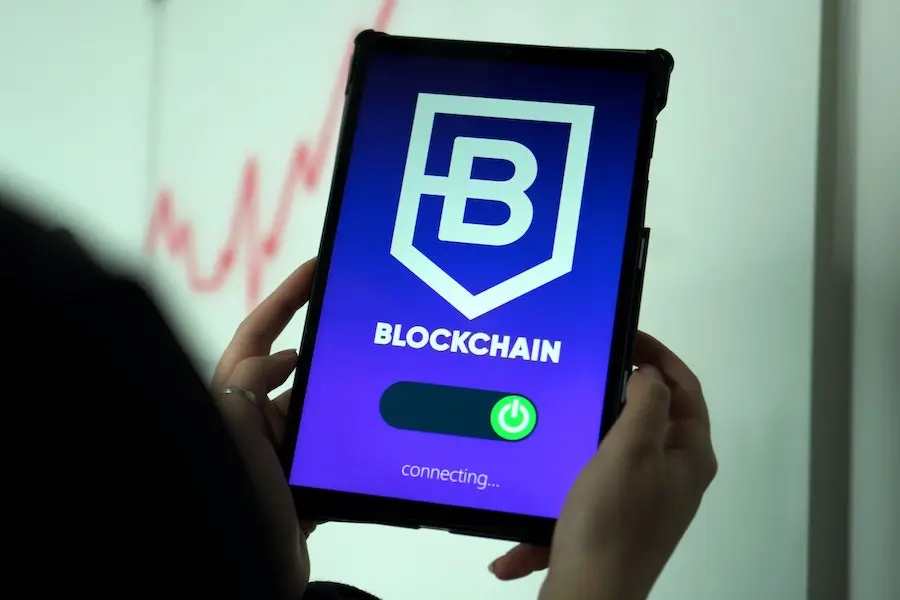
Blockchain technology is a game-changer. It has the potential to transform the way we interact with each other, pay for things, vote, and much more. And while blockchain is still relatively new, there are many ways it can be used for social good. There are already many blockchain projects with social impact goals in mind. Here are just a few ways blockchain can be used for altruism.
Digital IDs
Digital IDs are a way to authenticate users online with minimal overhead. In the same way you use your driver’s license at a bar to prove that you’re old enough to drink, digital IDs can help people establish their identity to access online services. Having an official government-issued ID can be crucial for refugees and other populations who need help accessing basic human services.
The blockchain is well suited for this application because it provides an immutable record of transactions between parties. When two people exchange information on the blockchain, they can rest assured that it won’t be altered or deleted by any third party—and if it is changed or deleted, there will be evidence that something went wrong with the transaction.
Digital IDs could also help those who don’t have access to financial services: If someone has trouble opening a bank account because they don’t have enough money in the first place (or because banks don’t trust them), using their digital identity could allow them to make purchases online without having an actual bank account number. Digital IDs are a much more efficient way to access public services than traditional ID cards. Particularly in countries with untrustworthy governments, where it isn’t easy to keep official records safe and secured, digital IDs can transform public record keeping.
Using Blockchain Technology To Create Transparency In Philanthropy
Many people would be surprised to learn that there is no standard for tracking philanthropic donations, which makes it difficult for donors to determine what their money is being used for. Blockchain technology can help solve this problem by creating a digital ledger of all transactions and making them easily accessible to donors. This will ensure transparency between organizations and their donors and accountability from the recipients of funds.
This method can also be applied to company supply chains. Companies claiming to be eco-friendly and sustainable can prove their practices by utilizing a transparent blockchain network that records every step in their supply chain. This technology is a great way to keep companies accountable and reduce the risk of fraud. Financial institutions are already utilizing blockchain projects like Ripple (XRP) for more transparent transactions. Anyone can support these blockchain projects by investing in the network’s token; for example, you can use an exchange like FTX to trade XRP USD and support the Ripple project.
Identities For Refugees
Blockchain technology can offer a secure way to store and share personal information internationally. Refugees often have difficulty proving their identities, which prevents them from accessing social services such as education or health care. Using blockchain technology, digital IDs can be created for refugees, allowing them to access the same resources as any other person living in their host country.
This would make it possible for refugee camps to issue digital IDs that camp residents can use to pay for food or access medical care at local hospitals. Additionally, these digital IDs could also act as an official record of an individual’s identity and status in their host country—a way of certifying that they are indeed whom they say they are when applying for other programs like government subsidies or food stamps (SNAP). You can learn more about the security and transparency of blockchains through the FTX knowledge base.
Blockchain technology is still developing, but it’s clear that the potential for social good is enormous. It’s not just about making money; it’s also about creating an economy that works better for everyone. You can start your impact investing journey by learning more about how blockchain technology works and how you can get involved in these social impact blockchain projects.


